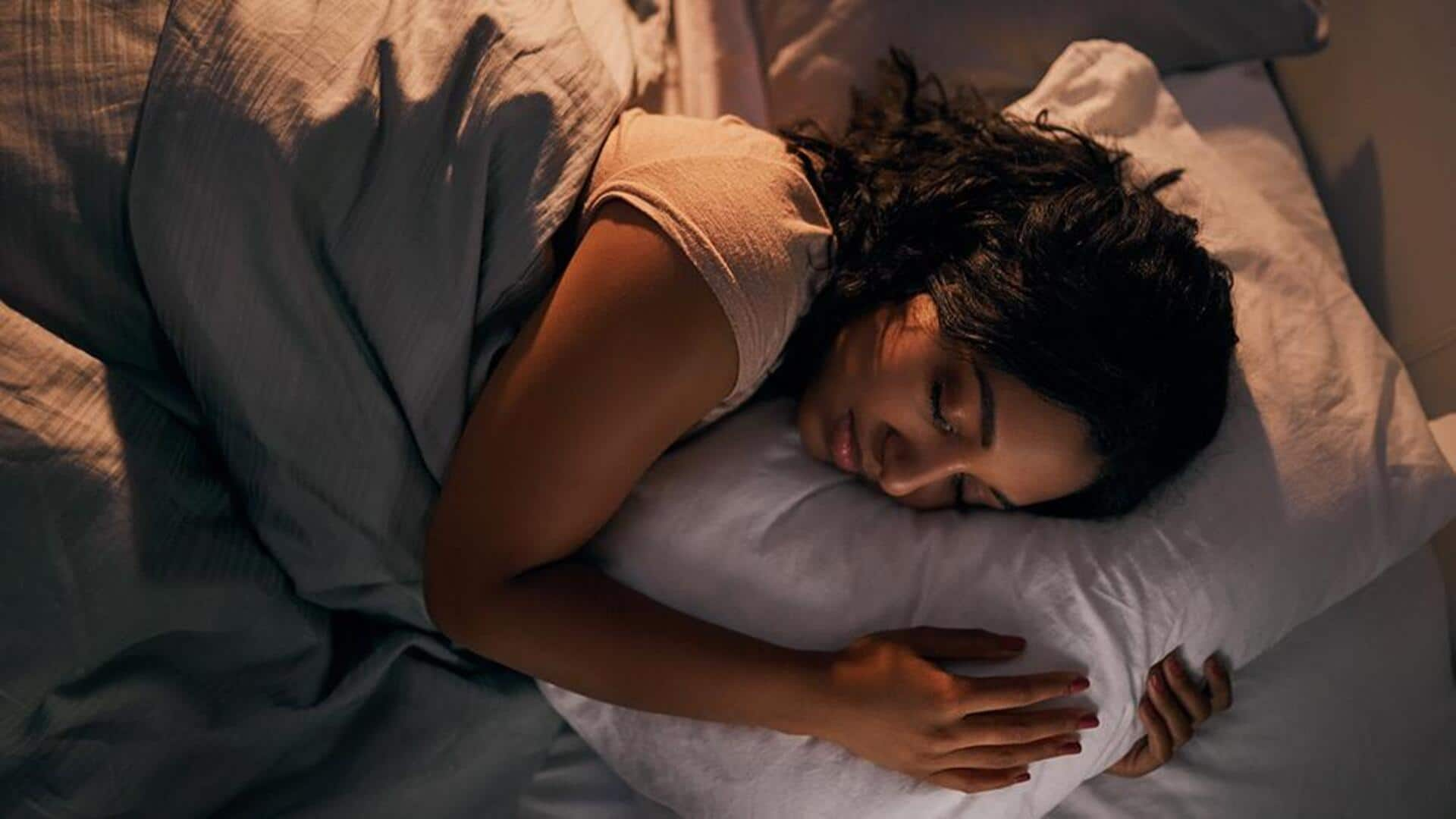
Why you sleep more on holidays, how it benefits you
What's the story
As the holiday season rolls in and alarm clocks are silenced or set later, our bodies take the opportunity to catch up on sleep. This isn't just about getting more rest; it's about deeper, more restorative sleep. During the working year, we often accumulate a chronic sleep debt, an ongoing deficit of the sleep our bodies biologically need. But during holidays, without early starts or late-night work emails, our internal systems get a chance to rebalance.
Sleep structure
Holiday sleep helps us catch up on lost zzz's
During holidays, it's common to sleep an hour or two longer per night. This isn't laziness; it's recovery. Holiday sleep also changes in structure. With fewer disturbances and less external pressure, our sleep cycles become more regular, often with more slow-wave sleep, the deepest phase linked to physical healing and immune support. This time is used not just for tissue repair but also for regulating metabolism, reducing inflammation, and restoring energy reserves.
Sleep cycles
It helps recalibrate your circadian rhythms
Our sleep-wake cycle is dictated by circadian rhythms, controlled by the brain's master clock—the suprachiasmatic nucleus in the hypothalamus. These rhythms respond to light, temperature, and routine. When overworked or overstimulated, they can drift out of sync with our environment. A lie-in helps recalibrate these systems, aligning internal time with actual daylight. This retraining leads to more coherent sleep cycles and better daytime alertness.
Hormonal impact
Less stress means better sleep
Holiday lie-ins also benefit from a drop in stress hormones. Cortisol, released by the adrenal glands, follows a diurnal pattern, peaking in the early morning to kickstart our day. Chronic stress can raise cortisol levels and disrupt this rhythm. However, when we take time off, cortisol production normalizes. Waking up without an adrenaline rush allows sleep architecture to stabilize, resulting in fewer interruptions and more restful nights.
Dream dynamics
You might experience more vivid dreams
One of the most notable aspects of holiday sleep is an increase in vivid dreaming. This is due to a phenomenon called REM rebound, where the brain compensates for lost REM sleep during periods of sleep deprivation. Once the pressure lifts, such as during a leisurely week in the sun, the brain makes up for lost REM, resulting in longer and more intense dream episodes.
Physical benefits
It even makes you look taller
Sleep also impacts our body's structure. When we lie down, our spine gets a break from gravity's constant pressure. During the day, as we stand and move around, intervertebral disks lose fluid and become slightly flatter. A lie-in gives these disks more time to rehydrate and return to their normal shape. This is why we feel taller in the morning, and even more so after a long sleep.